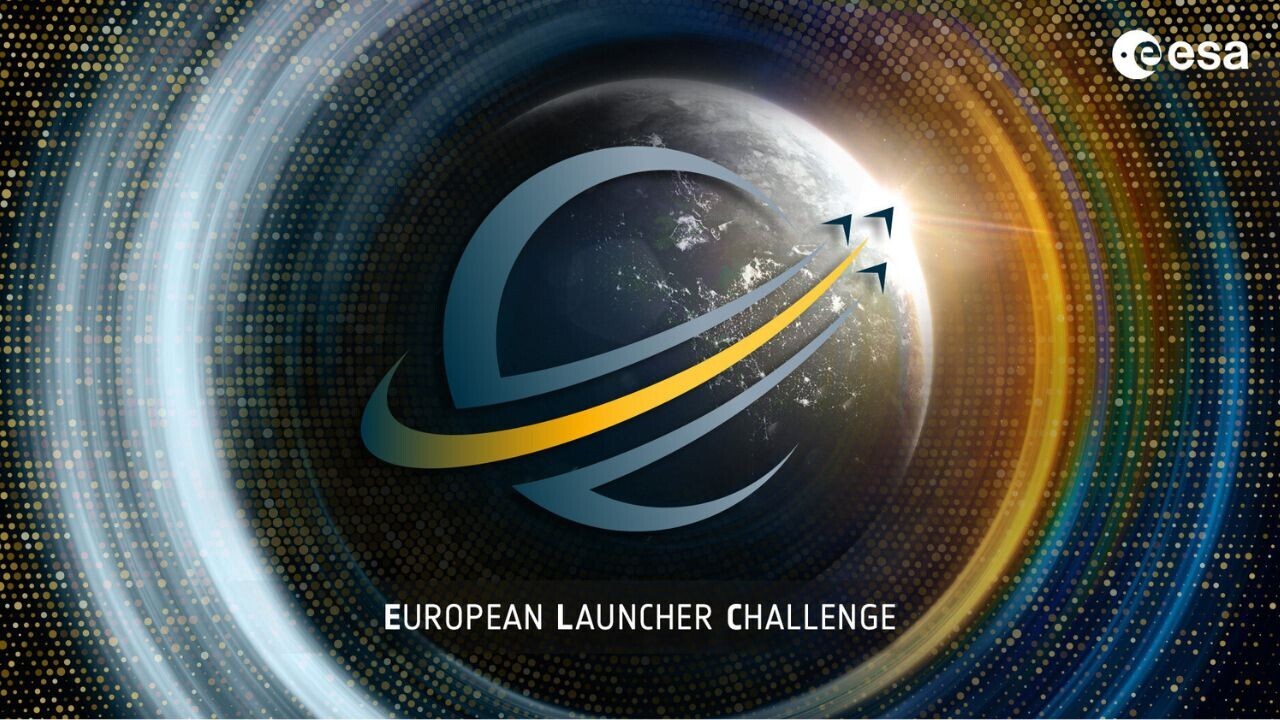Five rocket companies will compete for contracts to provide Europe's next launch services — and boost the continent's troubled access to space.
The European Space Agency (ESA) selected the quintet, who will now contend for two types of contracts:
- Providing launch services for ESA between 2026 and 2030.
- Demonstrating upgraded launch capabilities, including at least one flight test.
The initiative — named the European Launcher Challenge (ELC) — aims to expand Europe's pathways into the cosmos. In recent years, these routes have been painfully limited.
When the Ariane 5 rocket was retired in July 2023, ESA was left with no independent access to space. The agency instead relied exclusively on SpaceX for its launches, leaving it with no autonomous control over its flight paths. Meanwhile, European taxpayer funds were being funnelled to an American company that competes with domestic businesses.
Thierry Breton, the EU's commissioner for the internal market, described the situation as an “unprecedented crisis.”
ESA finally regained sovereign access to space in July, when the Ariane 6 rocket had its maiden voyage. The launch provided welcome relief, but the rocket faces severe limitations. Unlike SpaceX's Falcon 9, it's not reusable. It's also more expensive, less flexible for small-scale launches, and suffers from slower launch rates due to bureaucratic constraints.
The ELC was designed to lower these barriers. There's also big money on the line — ESA has earmarked up to €169mn per participant.
Here are the five contenders for the cash.
Isar Aerospace
Founded: 2018 Headquarters: Ottobrunn, Germany
Europe's best-funded space tech firm, Isar Aerospace develops rockets for small to medium satellite payloads. A spin-off from the Technical University of Munich, the company aims to offer affordable and flexible launch services.
In March, Isar's Spectrum vehicle had its debut flight — the first vertical orbital rocket launch from Western Europe. Unfortunately, the rocket exploded shortly after takeoff. Isar nonetheless hailed the launch a “great success.”
MaiaSpace
Founded: 2021 Headquarters: Paris, France
MaiaSpace designs, manufactures, and operates competitive and sustainable solutions for space mobility. A subsidiary of ArianeGroup — the prime contractor for Ariane 6 — the company is developing a reusable, two-stage rocket called Maia.
Designed for vertical takeoff and landing, Maia has been compared to a smaller-scale Falcon 9. Its first launch is planned for 2026.
PLD Space
Founded: 2011 Headquarters: Elche, Spain
PLD Space also focuses on reusability. Its suborbital Miura 1 vehicle completed a successful test flight in 2023, marking Europe's first fully private rocket launch.
PLD Space is now building the larger Miura 5, a two-stage reusable orbital launcher for small payloads. Last December, the company secured an €11mn loan to support its development. The rocket's inaugural flight is expected to take place in the first quarter of 2026.

Rocket Factory Augsburg (RFA)
Founded: 2018 Headquarters: Augsburg, Germany
RFA is a spinoff from OHB SE, a German space tech giant. The startup's flagship rocket is the RFA One, designed for frequent, low-cost missions.
The company also secured access to SaxaVord Spaceport's first launch pad — but the facility hasn't always been a happy home for RFA. Last year, its rocket exploded during a test at the site. Undeterred, RFA has continued its mission to build low-cost, high-performance rockets. It's targeting an inaugural launch later this year.
Orbital Express Launch
Founded: 2021 Headquarters: Forres, Scotland
Also known as Orbex, Orbital Express Launch is developing a small orbital rocket called Prime. Billed as an environmentally friendly, reusable launcher, the vehicle is slated for a maiden flight in 2026.
Orbex is also building a larger rocket, called Proxima. In June, the company's CEO claimed Proxima would allow Orbex to compete with SpaceX on price — as long as it won a contract with the ELC.
That target is now one step closer to reality. ESA will next discuss the proposals with the five challengers and their respective Member States, before determining which of them will be awarded contracts.
